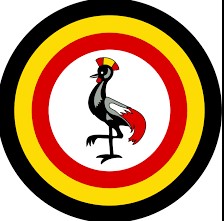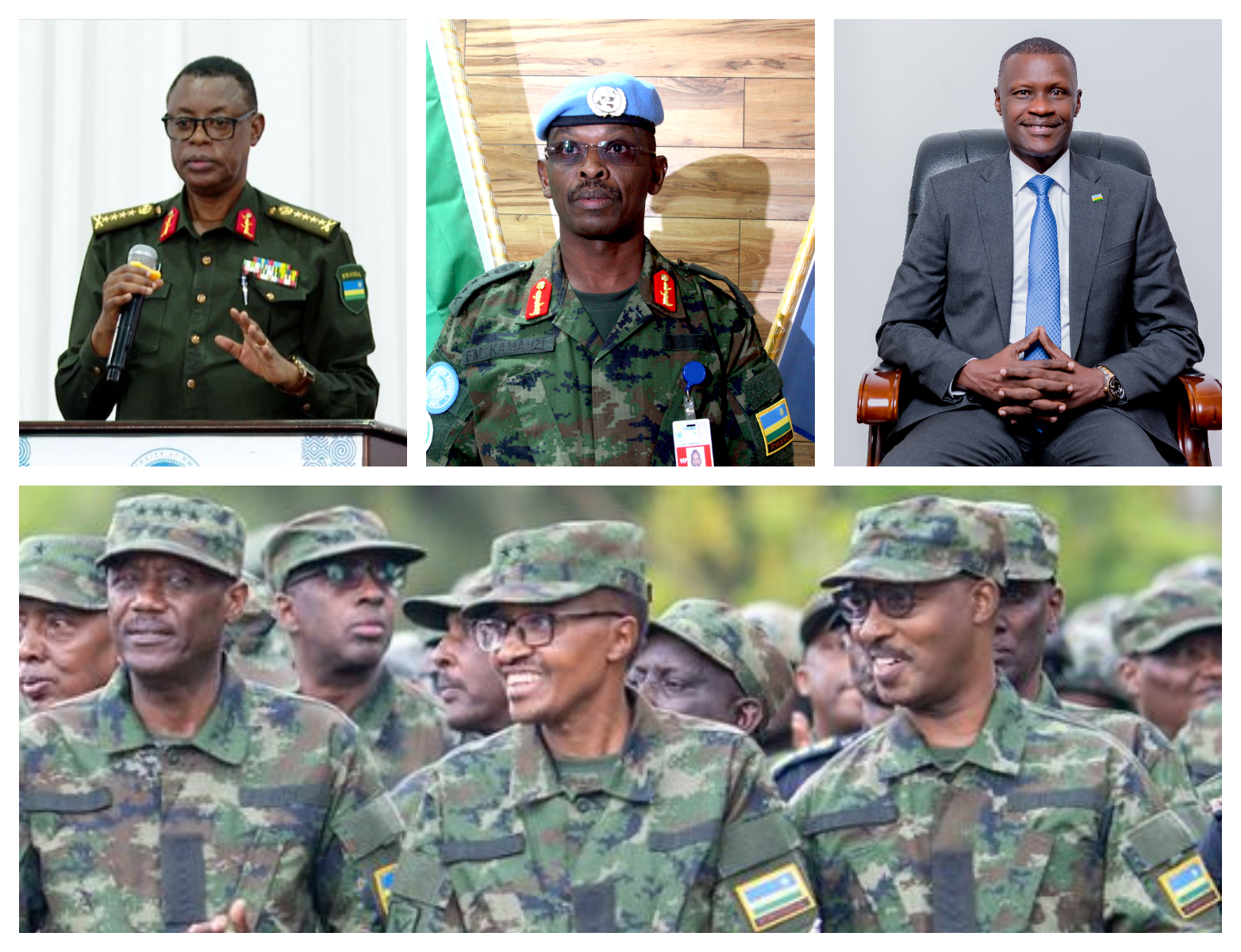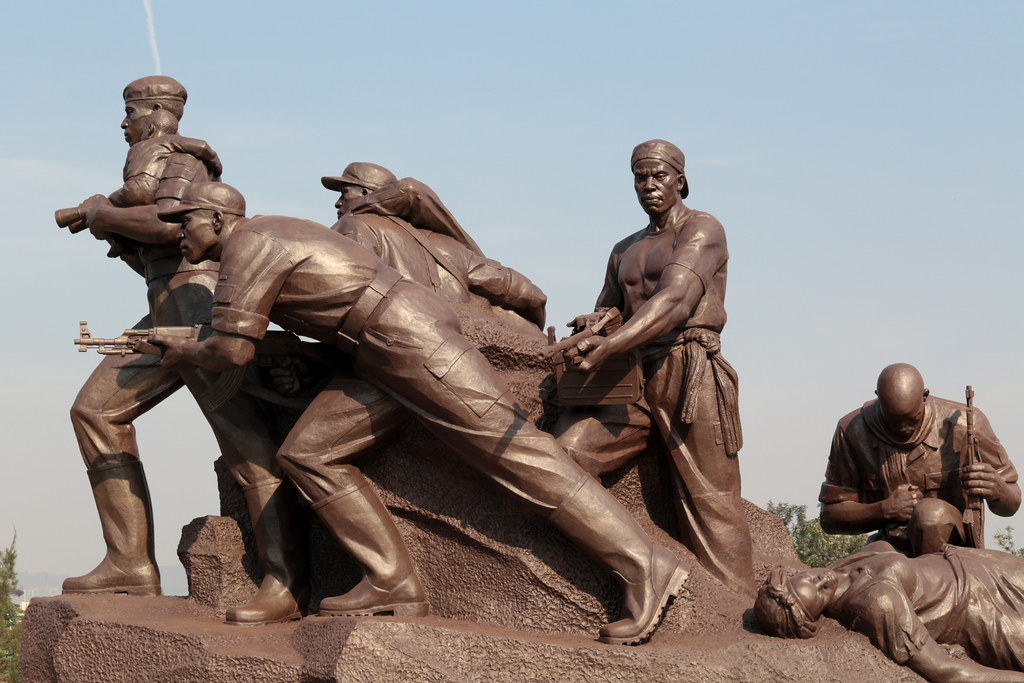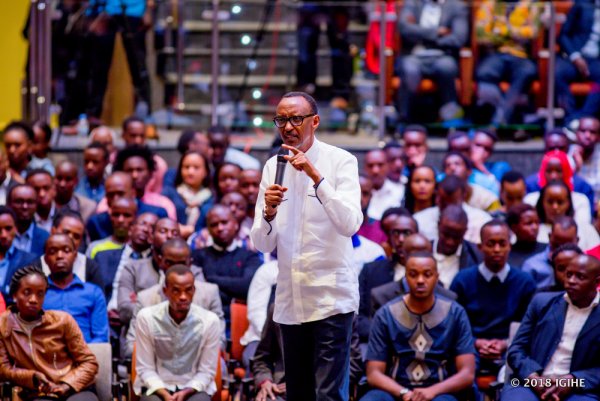Regional
Rwanda celebrates three decades of patriotism
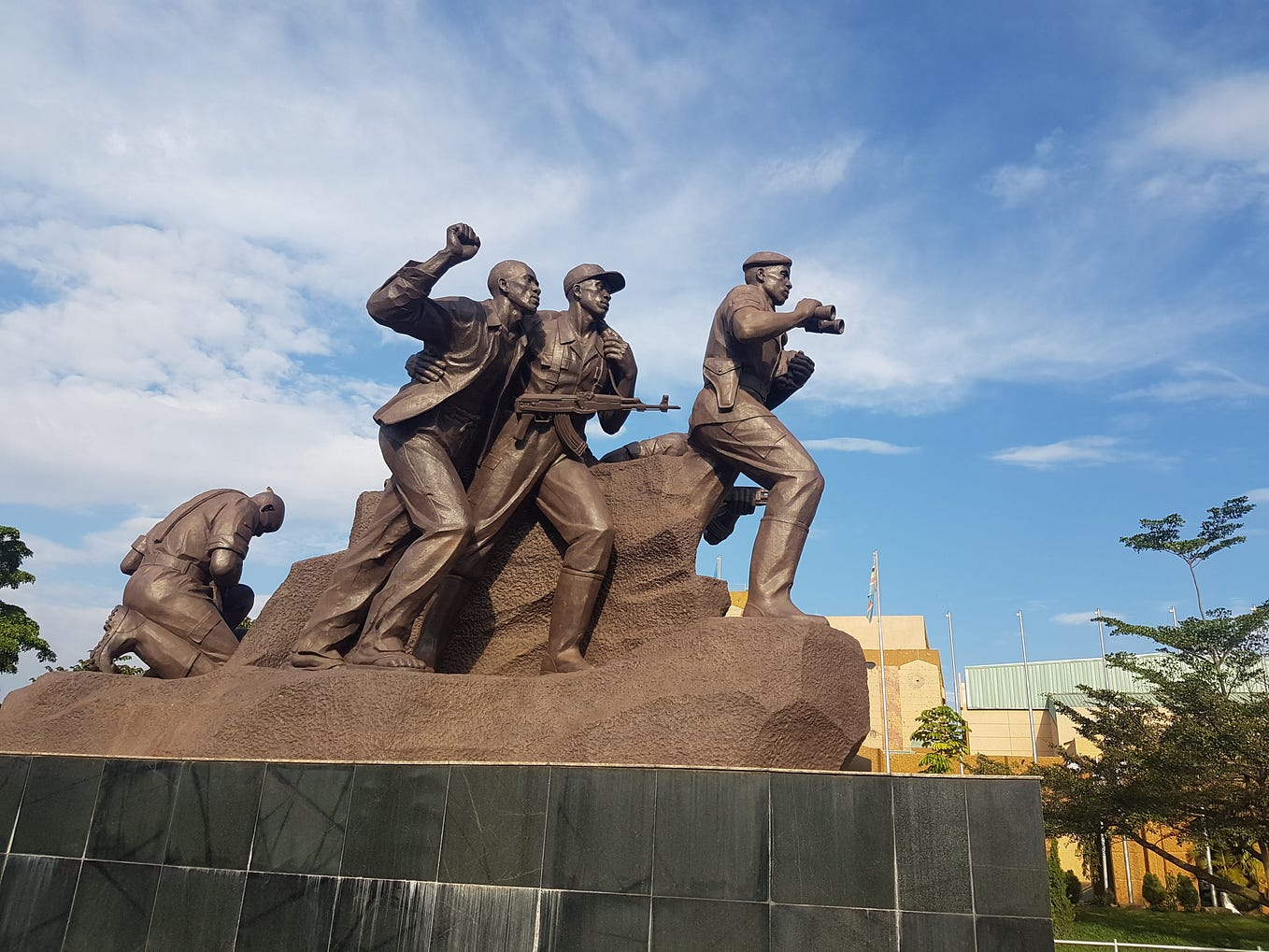
A monument that shows Rwandese Patriotic Army (RPA) which was the armed wing of RPF, during the Liberation war.
Every year, on October 1, Rwandans celebrate Patriotism Day, an event that coincides with the launch of an armed struggle in October 1990 when young Rwandans took up arms and launched a struggle to liberate the country from decades of anarchy.
The concept of patriotism has
a complete meaning when it is in social, political, and ideological context in
the lives of any society. According to Schoar (1981) and Virroli (1985),
patriotism is one’s love of one’s country, one’s birthplace and its landscapes.
It is an affection stemming from feelings of a deep, almost biological
connection resembling kin relationships.
Patriotism can be a result of
combined cultural values and constructed attitudes. Behind patriotism, there
are always drivers. To be patriotic, one has to forget their own interests and
consider their country first. In addition, patriots have to be visionary
leaders who are able to predict and see first what ordinary citizens cannot
observe at present time.
For Rwandans, October 1 is a
historic date when the Rwanda Patriotic Army (RPA), the armed wing of
RPF-Inkotanyi, launched the liberation struggle, firing the first bullet at
Kagitumba, in what culminated into a four-year struggle that led to victory on
July 4, 1994, after RPF fighters defeated the genocidal government and stopped
the 1994 Genocide against the Tutsi.
Thirty-four years ago, on
October 1, a group of young Rwandans driven by patriotism embarked on a quest
whose only reward was to have a place they call home, an identity, and freedom for
their fellow Rwandans.
It was a quest that would cost
them their lives; they knew that and yet they proceeded. The former commander
of the Rwanda Patriotic Army Maj-Gen Fred Rwigema led them. Rwigema was shot
right after they set foot on Rwandan soil. His death did not deter the
determined young men and women to pursue their cause.
They proceeded under the
command of Gen Paul Kagame, currently the President of Rwanda, and in four
years, many of them fell, and others were injured but they continued, stopped
the genocide, and liberated the country.
The day is special and
symbolic for many, who use it as an opportunity to reflect on the liberation
struggle and the progress the country has made over the last 34 years.
Patriotism Day is a moment
when Rwandans reminisce about the true love of their nation. On such day, every
Rwandan, most especially the young generation are reminded of their duty to
uphold the culture of patriotism with proven integrity including the sense of
courage and sacrifice to support positive actions geared towards nation
building.
This day is used as an
opportunity to reflect on unity and reconciliation and to celebrate various
aspects of economic transformation, and good governance among other areas where
Rwanda has become an example to many Africa countries.
After the 1994 Genocide
against the Tutsi, Rwanda needed to rebuild from scratch. The country needed
not only new friends to rely on but also those that would recognize Rwanda.
For that to happen, Rwanda
needed to work tirelessly and reposition itself on the world map. Much of what
needed to be done was internal and included reshaping the people and making
them believe in their country again.
Those who were part of the
heroic and patriotic act say that the reward they wanted is seeing every
Rwandan liberated, free and Rwanda growing.
October 1 maps out the very beginning of a well-determined and well-disciplined force driven by unwavering patriotism, and motivated by coherent ideas of political development, under the guidance of a visionary and clear-headed, patriotic leader.


